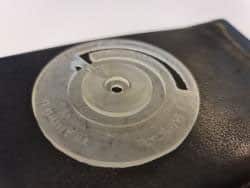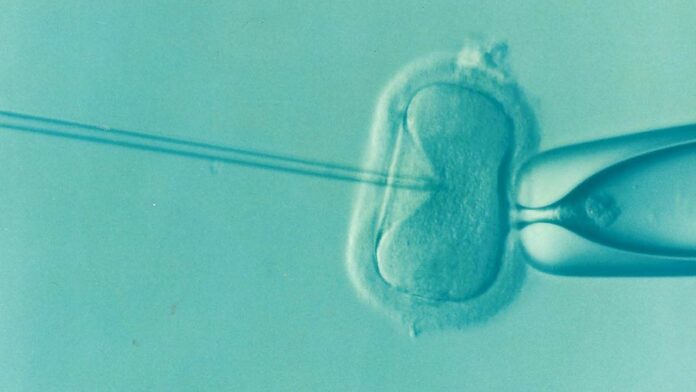Sperm selection is essential to all assisted reproductive treatments (ARTs). It is by far the most neglected step in the ART workflow in regard to technological innovation. Traditional sperm selection techniques often result in more sperm with various levels of DNA integrity, motilities, and morphologies.
Reactive oxygen species (ROS) introduced during centrifugation have been proven to cause DNA fragmentation using gold-standard procedures such as density gradient centrifugation (DGC) and swim-up (SU).
As a result of issues with male fertility, scientists have created new technologies to aid couples undergoing in-vitro fertilization (IVF) and boost their chances of becoming parents. According to the World Health Organization, one in six persons experience infertility, and one in every 22 children born in Australia is the result of assisted reproduction. Each IVF round can be an emotional rollercoaster with a 78% failure rate that frequently ends in despair.

To tackle this problem, researchers from UTS and NeoGenix Biosciences, a UTS-born start-up, have created and tested a new microfluidic sperm selection device that provides a more reliable process for selecting high-quality sperm. This hybrid microfluidic sperm selection platform (dubbed the hybrid MSSP) can select sperm with considerably improved quality in 15 min.
Professor Majid Warkiani from the School of Biomedical Engineering at the University of Technology Sydney (UTS) said, “This new technology is a 3D printed, biologically inspired microfluidic sperm selection device, which replicates the female reproductive tract and the natural sperm selection process, where only a small percentage of total sperm reach the egg.”
“We conducted extensive testing against conventional IVF selection methods, with the new method showing an 85% improvement in DNA integrity and an average 90% reduction in sperm cell death. The sperm selected by our method also demonstrated better recovery after freezing than traditional methods.”
Experiments were conducted side-by-side against conventional SU methods using human semen (n = 33) and showed an 85% improvement in DNA integrity with an average 90% reduction in sperm apoptosis. These results show that the platform is easy-to-use for sperm selection and mimics the biological function of the female reproductive tract during conception.
Journal Reference:
- Vasilescu, S.A., Ding, L., Parast, F.Y. et al. A biomimetic microfluidic selection platform improved sperm quality metrics compared to swim-up methods. Microsyst Nanoeng 9, 37 (2023). DOI: 10.1038/s41378-023-00501-7
